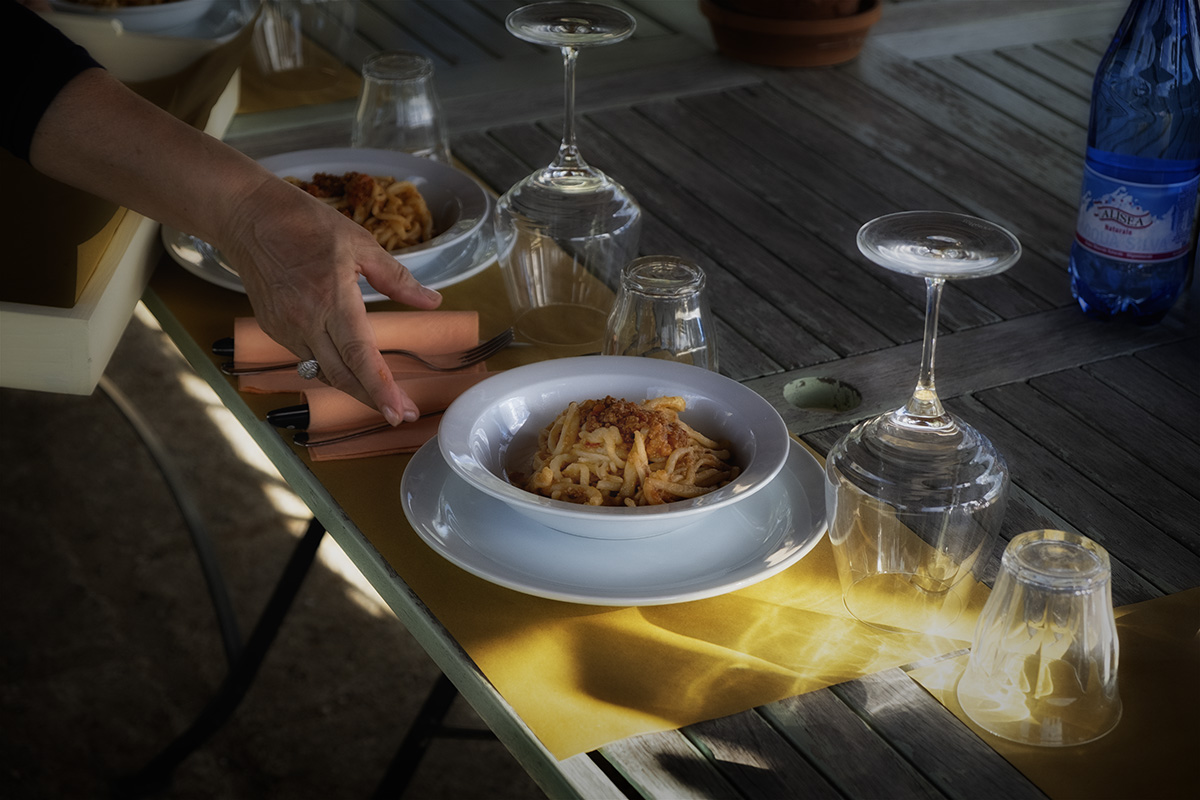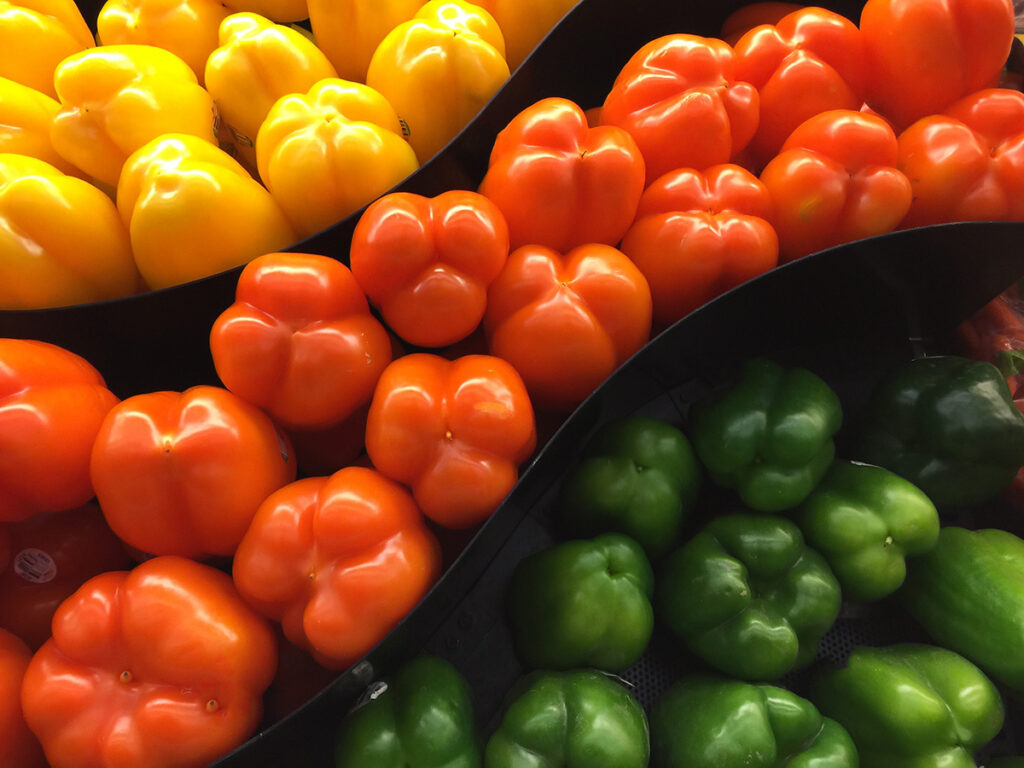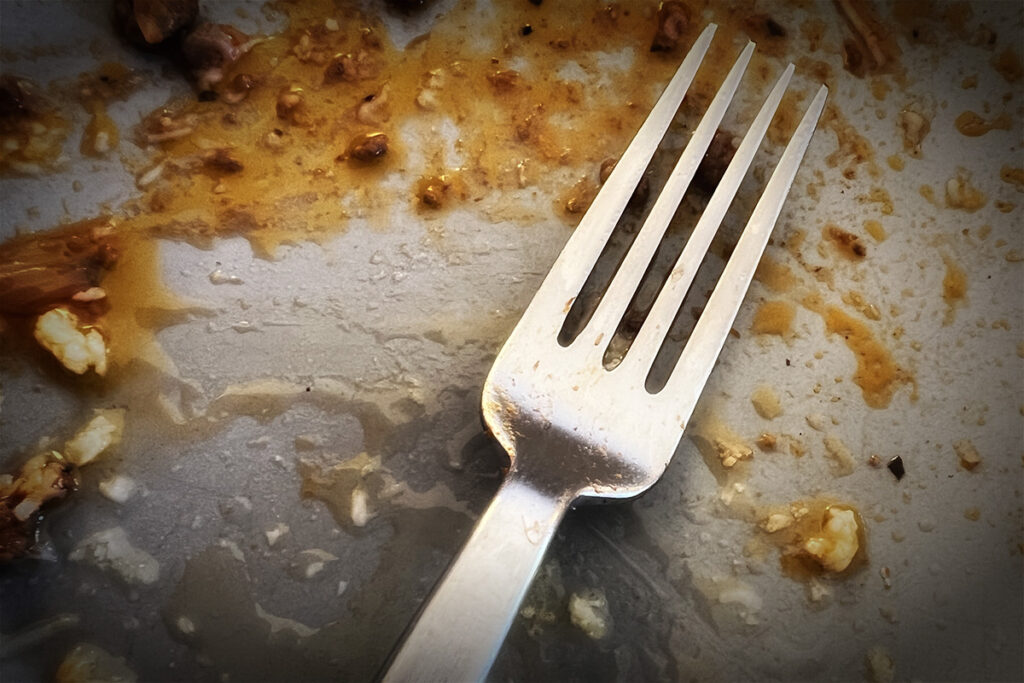
Setting the table for supper was my responsibility for some of my childhood years. Five forks, five knives, five spoons, five plates, five napkins. It was routine. It was part of the Brown family evening ritual. Each of us went our separate ways during the day, but we gathered at the kitchen table for the evening meal. We caught up. We laughed. Sometimes we argued, but we knew we had a rooted, loving place of belonging at the Brown table. We always knew we would be nourished and fed.

“Always fed” is not a life experience for many in our human family. One day last week in the matter of several hours I had these experiences:
- Over breakfast I read a New York Times op-ed piece titled “A New Era of Hunger Has Begun.” A description of food bank pantries, used by 50 million Americans, was contained therein. Some excerpts:
Cutting SNAP will drastically increase the pressure on food banks.
About 7 million households experience what’s referred to as very low food security.
More than 2 million people will lose their SNAP benefits through the U.S. budget cuts.
“A bystander watched a woman drive off from the food pantry in an expensive late-model S.U.V. and told the pantry worker he disapproved. ‘Not that it’s any of your business,’ she replied, ‘but that woman’s husband just left her with four kids and no money. Her car will soon be repossessed.’” (NYT, 07/14/2025)

- Several hours later, I pulled into a McDonald’s drive-through for tea. As I sat behind a large white S.U.V., I heard the conversation between the driver, who was a woman, and the worker at the window:
Woman: “How much does (named item) cost?
After receiving the answer, she asked, “How much does (another item) cost?
Then she said, “I have $3. What will $3 buy?”
I thought of the abandoned woman in her large white S.U.V. I had just read about in The New York Times. I was experiencing in real time a rerun of that account.

- As I waited in the McDonald’s line, I glanced up to see standing ahead of me a man holding a cardboard sign reading, “I’m hungry,” and over his shoulder I spied bedding on the ground between two overflowing dumpsters, an overnight place of rest, I assumed.
- On the evening news that same day I caught a picture of a Palestinian man in Gaza holding in his arms a small, pure white bundle tied with a white ribbon. The commentator indicated he was holding in his arms his child who had died of starvation that day.

When I was ordained a pastor, the bishop laying hands upon my head charged me with setting the table. As an ordained elder in the church, I invite people to the table. I preside at the table. Over the years, I have come to know that the table referred to is not only the altar of the church, but also any table and all tables set to nourish the physically, emotionally, and spiritually hungry of our world. Vocationally, I am charged with inviting the hungry to the table and offering sustenance.
Such a charge is also embedded in baptismal vows. And all without ordination or baptism and yet have commitment to being a good neighbor are charged to set the table as one of their acts of hospitality.

I continue to discern what table setting means in this Act III of my life and in this culture in which I live, a culture that has more than enough food to feed with satisfaction all who are hungry and is currently through its politics refusing to do so.

These images were made at farmers’ markets in a variety of places, including the Nashville Farmers’ Market last week, farmers’ markets in both Tillamook, OR and Tuscany, and the produce aisle in a local grocery store.
Leave a Reply to Judy HartleroadCancel reply